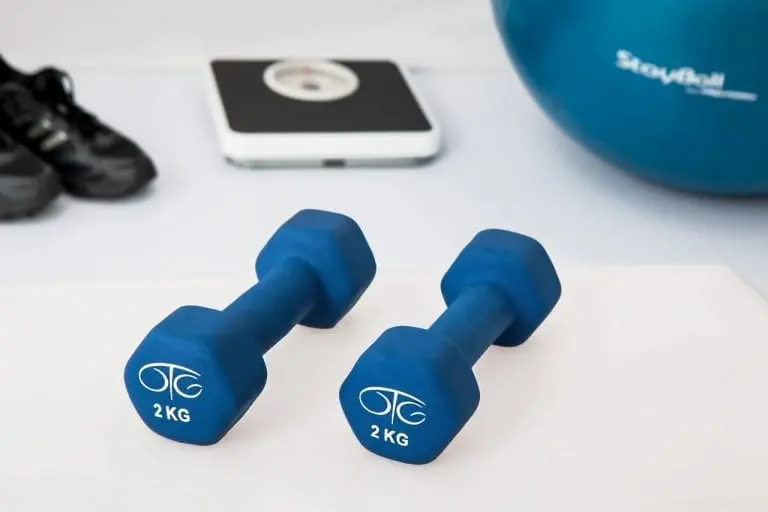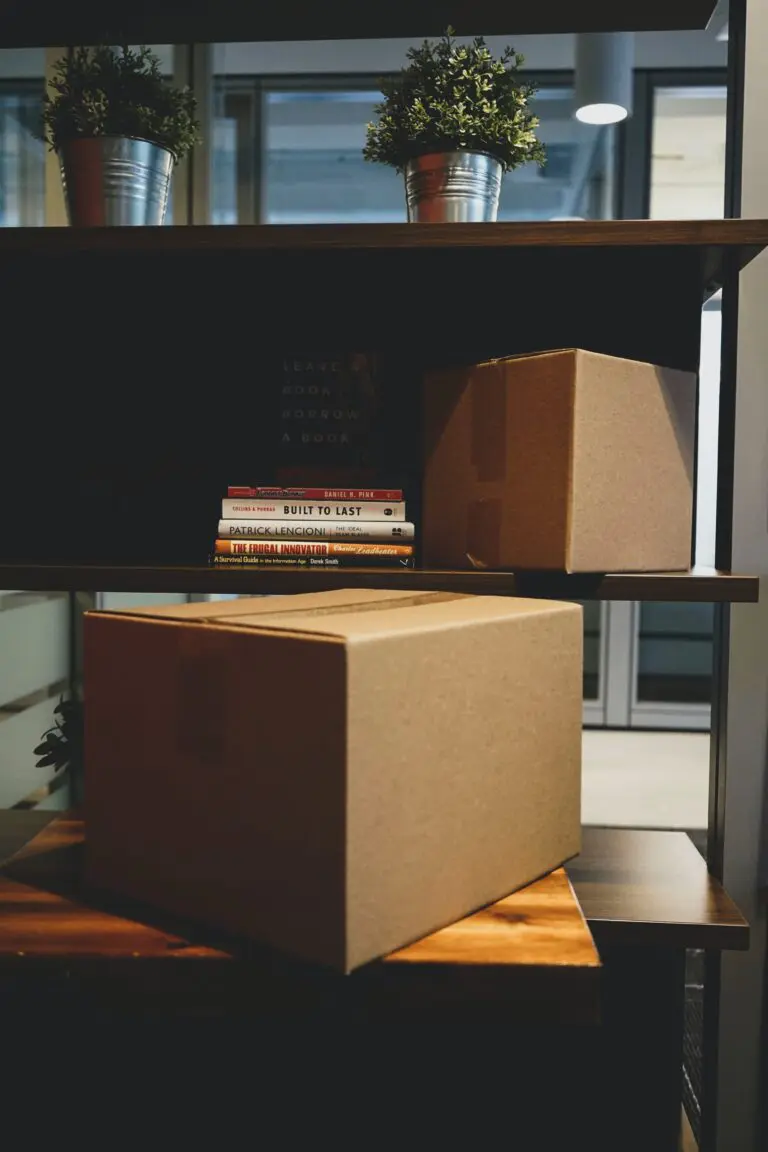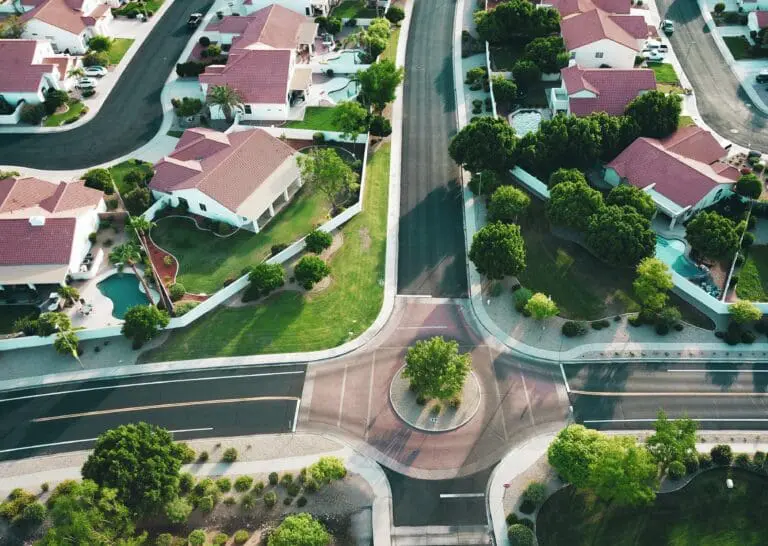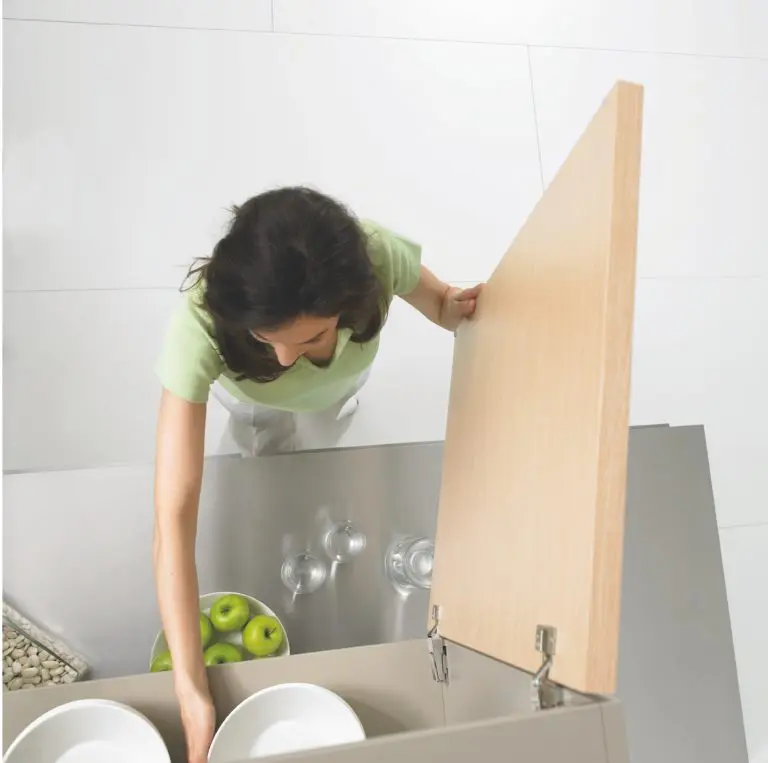Picking Up the Pieces After a Natural Disaster
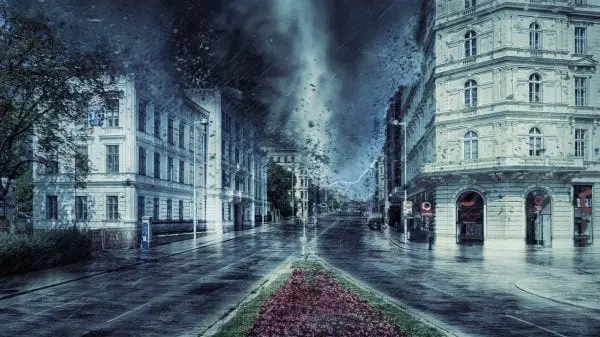
When natural disasters strike, your first and most obvious concern should be the safety of you and your loved ones. If a hurricane is barreling towards your town and the city advises you to evacuate, pack your car with essential supplies and get out of there. If there’s a tornado warning in your neighborhood, try to find a windowless interior room in which to take shelter. The most important thing is the physical safety of you and your family, regardless of if your family includes your parents, kids, significant other, or cat. You can replace possessions; you can’t replace people.
That said, what happens after the storm passes? The aftermath can be daunting, even when you know it could have been much worse.
Once a little time has passed and you’ve gotten over the initial shock, start taking an inventory of your house. Write down what’s damaged and what’s not. Talk to your homeowner’s insurance. They may be inundated with calls, so keep trying if you can’t get a hold of them the first time. If a state of emergency has been declared in your county or city, that opens up additional sources of funding from the Federal Emergency Management Agency or FEMA. So check with local government officials as well to see if you’re eligible.
Your personal electronics may have been damaged in the storm, but that doesn’t mean all your personal files and other data are lost forever. If local data recovery businesses are up and running, give one of them a call. You might be surprised at just how much information they can recover for you.
Hurricanes and flash flooding can do a real number on your house’s sewer system. Hurricanes are especially dangerous, as they can bring rain accumulation that measured in feet, not inches. Plumbing services will probably be busy after such a deluge, but if your water is back on and the pipes are clearly struggling, give them a call and ask about your options, which may include a drain inspection.
There are numerous tangible things you can do to recover after a natural disaster, but long after your house is repaired and everything looks almost normal again, the effects of the storm on your psyche can linger. You may have nightmares where you relive the natural disaster over and over. Loud or unexpected noises may startle you more easily. When you close your eyes, you might just see rising flood waters or an approaching funnel cloud.
Such reactions are incredibly common. You thought you were safe, but the natural disaster made you realize that’s not necessarily true. It’s hard to shake the feeling that something is about to go wrong again, and there’s nothing you can do to stop it.
Just because you feel uneasy and anxious now doesn’t mean you’re going to feel that way forever. Spend time with your family or friends doing simple, relaxing things like watching a movie or taking a walk. You can appreciate nature’s power without constantly being terrified of it. Humans are resilient creatures. We have to be to survive.
If the feelings linger, look into options for therapy. Some people find a few sessions of talk therapy tremendously helpful, while others find a sense of balance by participating in mindfulness exercises. Stress may tempt you to resume a bad habit, like smoking or drinking to excess, but those sorts of things will only hurt you in the long run. Facing your fears can be a challenge, but it’s by no means impossible. Give yourself credit for being a survivor, but remember that it’s OK to feel vulnerable sometimes. You’re a person, not a robot.
Similar Posts:
- Emergency Evacuation in a Natural Disaster or Worse- 6 Things to Know
- When Extreme Weather Strikes
- Keeping Your Metro Atlanta Family Safe in Case Disaster Strikes
- Hurricane Must Haves
- 5 Tips For Hurricane-Proofing Your House


